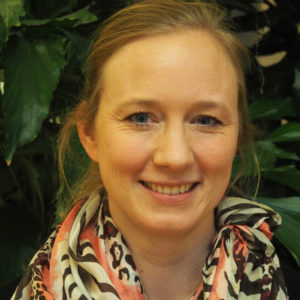This week participants from French-speaking countries in Africa and the Caribbean joined experts and consultants in Senegal for a regional workshop, part of the capacity building of the third round of Technology Needs Assessments, a hugely successful project implemented by UNEP DTU Partnership and UN Environment.
The workshop takes place just after UNEP DTU Partnership published a French version of the new The TNA Step by Step guidebook.
The third round of TNA was initiated in May 2018 and this workshop is the first of three regional capacity building workshops for Francophone countries in Africa and the Caribbean.
This week’s workshop in Dakar involves participants from Haiti, Chad, Guinea, Benin, Niger, Central African Republic and Djibouti.
The workshop provides TNA Coordinators and National TNA Consultants with capacity building in:
1. The context of TNAs and TAPs in the global policy context and how to link TNAs and TAPs with funding for implementation
2. Selecting climate technologies for mitigation & adaptation
3. Conducting stakeholder consultation processes
4. Presenting the process of selecting technologies and reporting the outcomes in the “Technology Needs Assessment (TNA)” Report.
5. Familiarization with database support – Climate Techwiki, Guidebooks and Helpdesk facility
Finally, the workshop will be a forum to introduce countries to the Regional Centre, ENDA Energie an ngo based in Dakar, Senegal with more than 30 years experience in energy and development issues. The regional centre will also provide technical support to countries throughout the TNA process.
Guidebook in French
Building on experience from conducting TNAs and Technology Action Plans (TAPs) in more than sixty countries UNEP DTU Partnership has just published a French version of a new guidebook to explain how a TNA/TAP process can be organized and implemented.
The TNA Step by Step – A guidebook for countries conducting a Technology Needs Assessment and Action Plan, summarizes the various steps in preparation of a TNA and TAP and will be the ‘go-to’ document for national TNA teams, including TNA coordinators and consultants.
It also points out the various materials that are available to guide and support project management and methodology further.
A bottom-up approach
The TNA approach is participatory in nature and built around a bottom-up approach. Local consultants and a need and demand driven method ensures that the national priorities in the assessments will lead to overall development as well as climate change adaptation and mitigation.
Simultaneously the TNA process is designed to involve all relevant stakeholders on the assumption that any given technology is more likely to be understood, accepted, supported and implemented if all stakeholders are involved throughout the process.
Implementing the Paris Agreement and more
Assessing the need for technology is directly referenced in the Paris Agreement, but the TNAs are also a contribution to the general development of the participating countries, helping them take a step on the way to accessing technology to implement the 2030 Sustainable Development Goal agenda.
TNAs are also expected to be one of the instruments to implement Nationally Determined Contributions. This implies a significant scale-up and implementation of policies, measures, and technologies, as well as mobilization of domestic and international financial resources.

